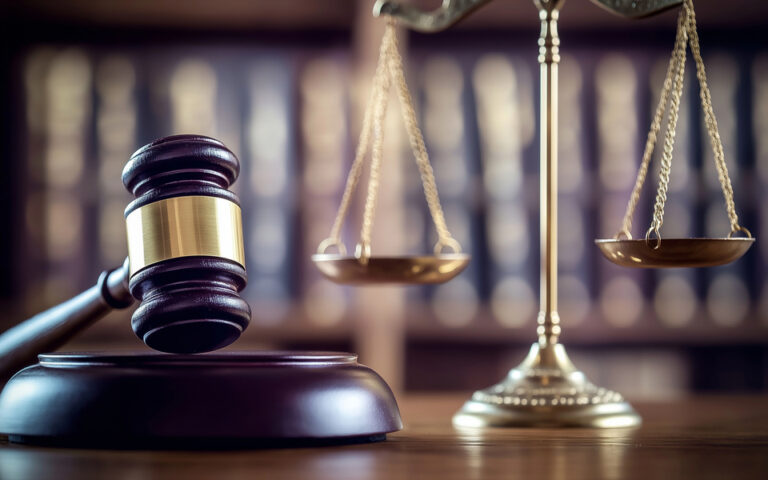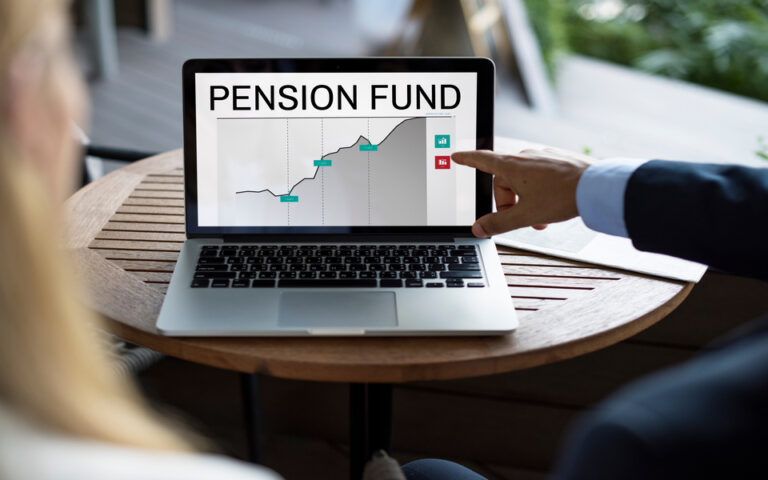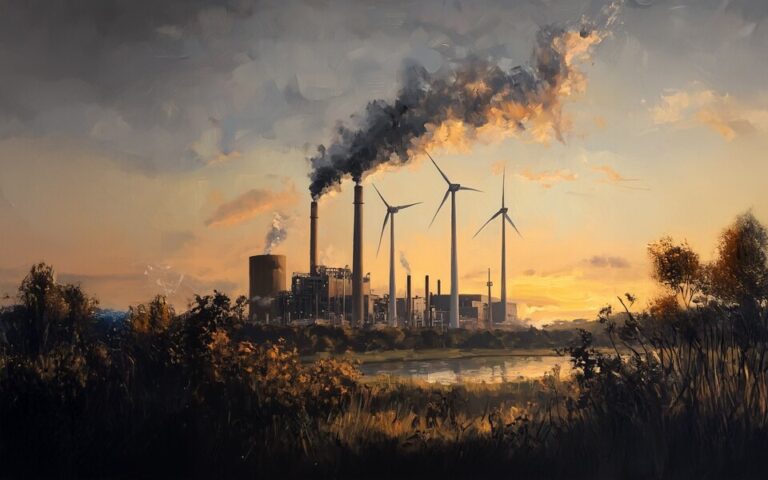This article was first published in the Financial Mail on 16 October 2025.
In September, Sasol launched litigation against the Minister of Forestry, Fisheries & the Environment and several other respondents, seeking a court order that sections of regulations for enforcing air quality management plans are either nonbinding, or should be set aside.
This is the latest industry assault in South Africa’s long and complicated history of air pollution regulation. The consequences, and those of repeated government capitulations, are that large swathes of the population are exposed to toxic, deadly air pollution for which those responsible bear no cost or accountability.
The “List of activities which result in atmospheric emissions which have or may have a significant detrimental effect on the environment, including health, social conditions, economic conditions, ecological conditions or cultural heritage” was first published in 2010, together with associated minimum emission standards (MES). The MES limit the permitted amounts of toxic industrial emissions.
The MES were the subject of a long period of industry negotiation before they were published. As a result, they are significantly weaker than those even in developing economies such as India and China.
For example, the current sulphur dioxide (SO₂) limit of 1,000 mg/Nm³ for coal-fired plants is about 28 times weaker than the equivalent limit in China. And yet most of the entities that emit the most SO₂, including Sasol’s coal boilers and Eskom’s power stations, still do not comply even with this weak standard.
Despite being an integral part of the multistakeholder process that set the MES, Eskom and Sasol initially sought to be completely exempt from compliance. The environment minister at the time refused, because exemptions from minimum standards are not permitted by the Air Quality Act.
Since then, instead of investing in abatement technology required to meet the standards, both entities have brought multiple applications to the national air quality officer (NAQO) to delay or be exempt from compliance. Most of these applications have been granted, either by the NAQO or on appeal to the environment minister.
Sasol’s first legal assault on the MES was launched in May 2014. It sought to set aside most of the MES in their entirety. The NAQO at the time accused Sasol of launching a “misleading” and “opportunistic” application, emphasising that “achieving ambient air quality standards is not an exercise in economics nor is it a matter for negotiation with (Sasol)”.
When Sasol was granted its first application to postpone MES compliance, it withdrew this court application.
Subsequent developments indicate that air quality “regulation” has become exactly what the NAQO said it should not be: a negotiation with industry, particularly in relation to SO₂, exposure to which is associated with significant respiratory issues.
In 2018, the then acting environment minister published amendments to the list of activities, without public consultation. These included a surprise new SO₂ standard of 1,000 mg/Nm³ for coal boilers — twice as weak as the previous standard of 500 mg/Nm³.
A new provision, also published in 2018 — paragraph 12A in the list of activities — introduced ambiguity into the mix. Sasol, Eskom and the environment department have consistently interpreted it as permitting leniency in compliance after March 2025, the date beyond which no further indulgences were to be given, thereby undermining the entire air quality regulation regime.
In 2022 the High Court in Pretoria recognised that the poor air quality in the Mpumalanga Highveld region breaches residents’ constitutional right to an environment not harmful to their health and wellbeing. It ordered the environment minister to make regulations to implement and enforce the area’s air quality management plan.
The then minister appealed this ruling, but in April 2025 the Supreme Court of Appeal (SCA) dismissed that appeal. The SCA referred to a socioeconomic impact assessment by the environment department itself which found that “the main cause of the challenges related to the implementation of the Highveld Plan was the negative attitudes from major polluters who did not consider the air quality management plans as binding legal documents, and that stakeholders could not be held accountable as no punitive measures could be applied”.
In August 2024, just before the SCA case was heard, current environment minister Dion George published regulations for implementing and enforcing air quality management plans. Sasol’s latest litigation aims to neutralise or set aside the regulations requiring binding targets for emission reductions.
Ministers have shown scant appetite for defending the air quality regime from these attacks. The 2021 findings of a specially-constituted ministerial SO₂ expert panel have never been published, despite repeated requests from civil society.
It appears that whenever industry has reached a point where it can no longer avoid legal compliance, the environment department has changed or reinterpreted the law to allow further indulgences. For the sake of the millions of people in Mpumalanga exposed to toxic air pollution, let’s hope that the department finally understands its mandate as custodian of our constitutional right to an environment not harmful to health or wellbeing, and mounts a robust defence to Sasol’s attack.
IMAGE: Getty






